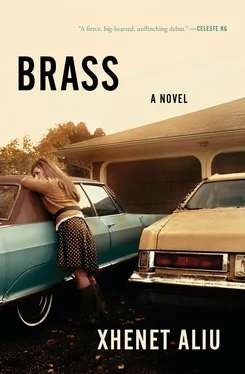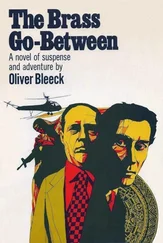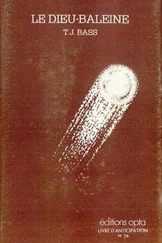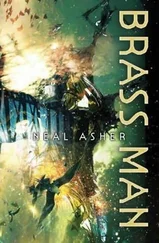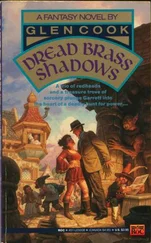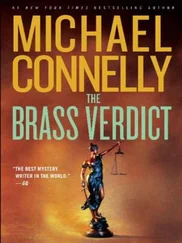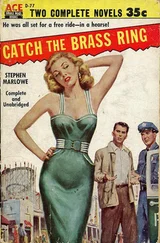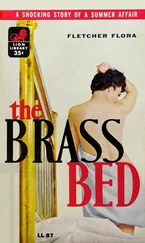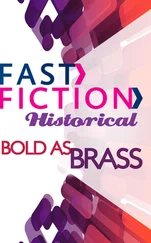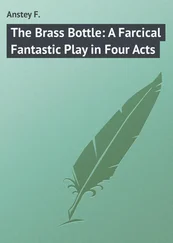“Sorry,” I said, but he wasn’t looking at me anyway. He was looking at the holes in the wall like he was trying to make a pattern out of them, a constellation or something, but he couldn’t read an astrology map any better than he could read English.
“That place, everything it did to us, to our families. She would be happy to die there like our fathers. Born in a camp, a prison, and she wants me to die there. It’s sick. It’s not the way things should be.”
“Camp?”
“Yes, the camp, the labor camp,” he said, like the phrase was supposed to jog my memory, but to me camp was just a place where practicing Catholics sent their kids to study the saints and where they usually instead popped their cherries. Bashkim saw my blank face and shook his head like a special ed teacher talking to his most hopeless student. “The work camps, they were places where enemies of the state were sent. Disgusting places. You would not even want to raise animals in there.”
“And your father was in one?”
“My whole family. I was born in one,” he said. “It was home until I was fourteen.”
“Jesus,” I said.
He shook his head. “There was no Jesus, no Allah. No god at all there.”
The Albanians at the Ross, sometimes they talked about stuff like the Party and the Prisons, but I never really thought about what those words meant to them, because they were just line cooks and dishwashers, and every line cook and dishwasher I knew came from the kind of terrible third-world place that made Waterbury look like Daytona Beach or some other mystical paradise. I didn’t want those people to try to convince me that I really didn’t have it so bad here, the way my grandparents, fifty years after landing in Waterbury, still said things to me like You think cleaning a toilet is hard? Try living under the Bolsheviks. I didn’t want to think about how it was unfair that some people had it so much worse when I’d already committed to fixating on people who had it so much better. But Bashkim wasn’t just a line cook from a land that it seemed like Time invented for a cover story. He was the person who taught me to drive a stick and give a proper hand job and make everything taste better with feta cheese. He was the first person I knew who was willing to go thousands of miles to upgrade a crap life for a better one, when my own people seemed to have landed in Waterbury only to take the first offer that was handed to them. He was perfect, an inch shorter than I thought I would’ve liked, but with an extra few inches around the biceps. That was the wrong thing to be thinking at that moment, but I was thinking it anyway. It took both of my hands to circle one of his arms.
“Why were you there?” I asked. “What did your father do?”
His muscles grew stiffer under my palms, and he shrugged. “He owned cows,” he said.
I waited for him to continue, and when he didn’t, I said, “And?”
He looked at me. “And nothing. That is enough. He had cows that he didn’t report. He wanted to sell them, but the state found them and took the cows and took our property, and my parents were sent to dig in the fields.”
“But that can’t be it,” I said. “You weren’t allowed to have cows?”
“What do you mean, it can’t be it? Of course it’s it. You could not have anything that the Party didn’t want you to have. That meat was for Hoxha. Everything was for Hoxha. That is all there was. You were either friend or enemy of the Party.”
“What’s Hoxha?”
“Not what, who. A dictator. I would not even call him a man.”
“One man? How can one person eat all of that meat?”
Bashkim and I looked at each other, each of us shocked by how confused the other was. “One person could not. That was not the point. The point was that nothing was for you, everything was for him.”
“But that’s it ? Really it? Just cows?”
“That’s it? You do not understand at all. That was a big, dangerous thing. That was not just it .”
“So it was like Russia? It was that bad?”
“Russia. I would have liked to escape to Russia.”
“My grandparents escaped the Russians in Lithuania. They talk about it like it was the worst thing in the world, like half their schoolteachers got sent to Siberia,” I said.
“The worst thing is when your own people are the ones torturing you. No Russian knows how to hurt you the way your own people do.”
“God,” I said. “Really?”
“And this is what she wants, to stay there and remember,” he said, kind of quiet, like he was talking to himself.
“That’s stupid,” I said, and it was supposed to sound encouraging, but he wasn’t listening to me anyway, or at least he wasn’t looking at me. He was still reading those walls, a little more intently even. Maybe they were starting to make sense after all.
“The problem with Albanians now, it’s Albania this, Albania that. Albania has most beautiful mountains, Albania has most beautiful seas. But what do they know about mountains or seas? They lived in a prison. Even the ones not in the camps, they lived in a prison. Then Hoxha dies and the Party falls and they go to Austria or U.K. and work in kitchens all day and night. They don’t know nothing about any world outside of Albania. They just close their eyes so they don’t have to find out. Me, no, I know better. I come here and I won’t go back. Never.”
“I’m glad you’re here,” I said, like an idiot.
“When I get my money back, I will divorce her, and then the last of me is gone from there.”
“Money?” I asked.
He smiled a little, and I could almost see that yellow canary feather stuck between his teeth. “Yes, money. Good money. An investment I made. One good thing about Albania, it’s, what do you say, the ground floor now. You put a little money in now, it comes back soon four and five times more. This money I made at the Ross this month, already it’s twice as much.” He shook his head. “I will be paid back. It’s too late for my father, but I will be paid back.”
Investment, he said. A year in America and he already understood better than I did what this country was built on. As far as I was concerned, an investment was some kind of cheap ploy to make you give someone your money in exchange for promises that are impossible to fulfill, the way the billboard for Western Connecticut State University on I-84 said INVEST IN YOUR FUTURE, and showed a smiling nurse-to-be checking the pulse of an old lady who’d soon not even be alive. It was a scam, the billboard. I went to an information session and they told me there was a two-year waiting list to even be accepted to the nursing program, but in the meantime I could take core classes like English and Sociology, which would give me the kind of solid foundation it takes to be unhirable for life. When Bashkim said the word investment, though, it didn’t sound quite so hopeless. He had a light in his eyes that the recruiters for WCSU most certainly did not. And he was also talking divorce, which was the whipped cream and cherry on top of it all. Never mind that I’d seen enough prime-time TV to know never to believe it when your boyfriend talks about leaving his wife. But Bashkim wasn’t a soap opera villain, some conniving 90210 hunk, he was for real, and I knew it because he was talking about leaving Aggie not for my sake but for his. The way he said it, all bitter and disgusted. And the opposite way he said investment, all hopeful and smug, he obviously understood something about it that I did not, even though the word was in my native tongue.
So I asked him what he meant, and he just laughed.
“It’s not something to explain to a woman. All you have to know is I won’t be flipping hamburgers forever. Soon I buy my own place, you know? Gjonni can be my cook.”
Читать дальше
